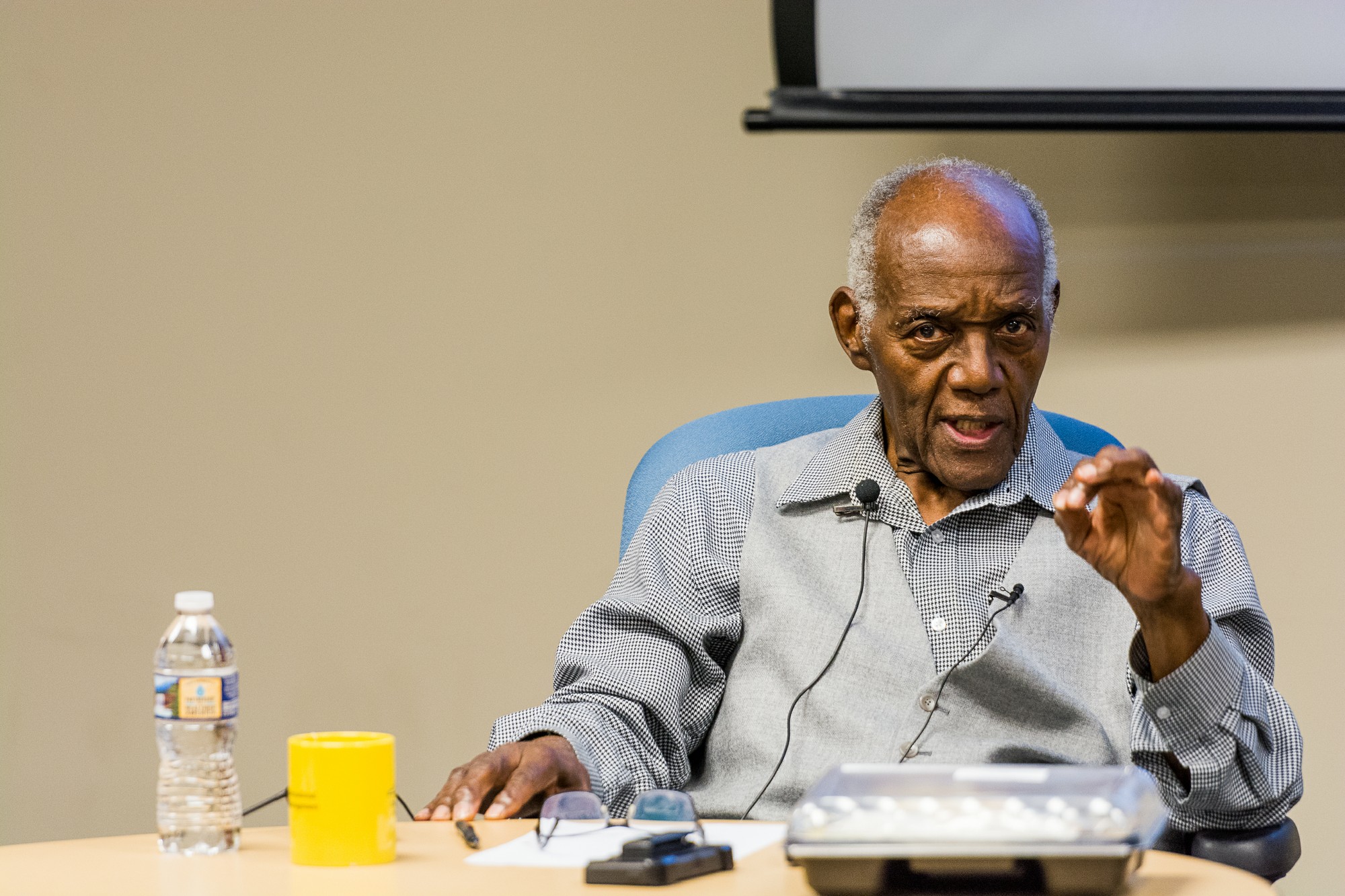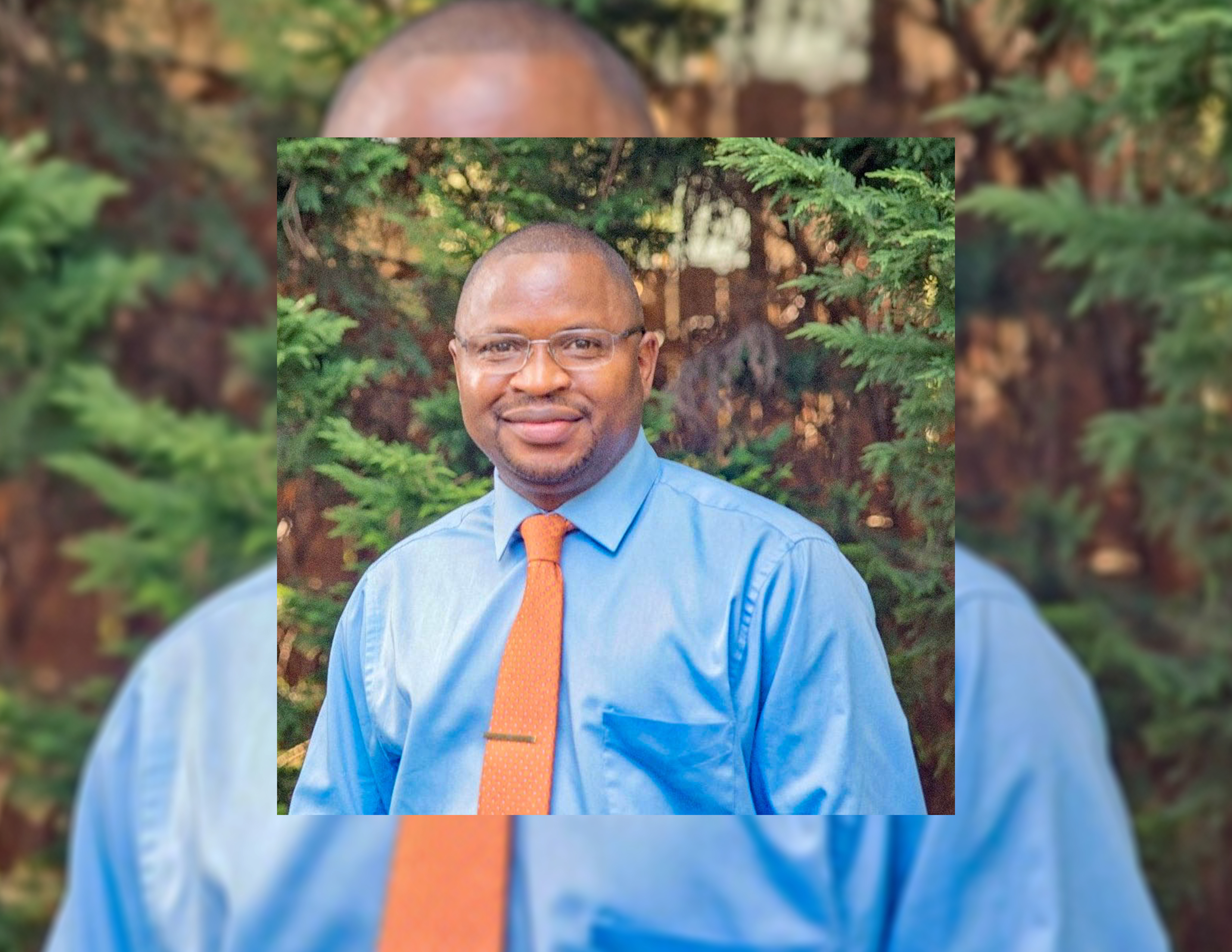English majors interviewed Lonnie King Jr., the leader of the Atlanta Student Movement of 1960, as part of a class project on Monday, Oct. 31.
The students in Dr. Jeanne Bohannon’s digital rhetoric class are currently building a website about the 1960s sit-ins at Rich’s, a department store in Atlanta, to inform and inspire others.
King started by showing a video that highlighted the important aspects of the sit-ins and their motivation. It included thoughts from many of the people who were involved in the sit-ins at Rich’s.
Before the activists could begin their movement in the 1960s, King explained that they needed to get approval from the presidents of the Atlanta schools. He knew that if they openly defied the schools, they would be kicked out.
King pointed to history as the reason behind their movement to desegregate stores in Atlanta.
“The document that they call the U.S. Constitution is a segregationist document. It’s a slave document,” King said. “People who look like me were viewed as three-fifths of a man for the purpose of somebody else’s vote. We were things, articles. We were like cattle.”
Students in the class asked King their prepared questions, covering topics like the roles of women during the movement, King’s most vivid memory from the sit-ins, why he chose a woman to write the group’s manifesto, and the inspiration that kept him going.
King took time to reflect on this year’s election, saying he believes that Donald Trump wants to push America back to what it once was.
“You’re getting a chance to see, through flashbacks with the current presidential election, something about the environment that we had to fight in the 1960s and before,” King said. “What I mean by that is this: far too many Americans, particularly in the South, do not want to live up to the tenants that the Constitution has amended when it comes to people of color.”
Professor Bohannon explained to King that many of the researchers and activists in her class did not feel they could help the world in any significant way because they are only students. She asked if he could give them some encouragement.
“You don’t have to wait until you’re finished with university,” King said. “You can do some things right now that other folks have not done. It’s just a question of figuring out what it is that you would do.”

Bohannon’s class hopes to get more interviews with people that were involved in or present for the demonstrations. Information will be continuously added to the students’ website at www.anyonesittinghere.org.




